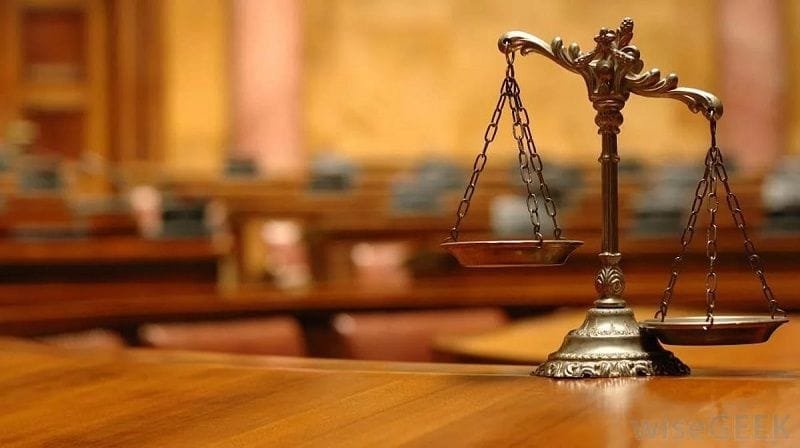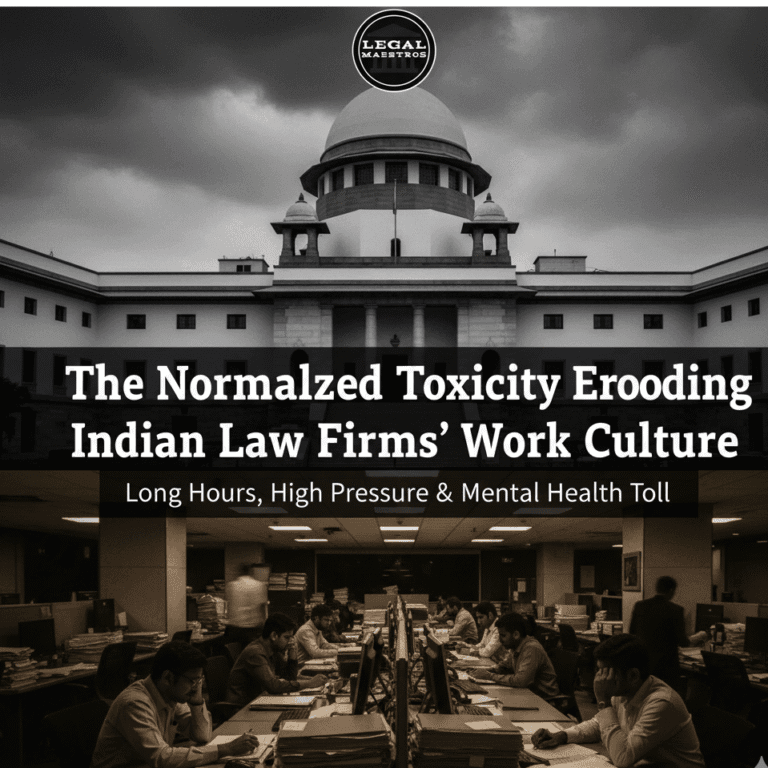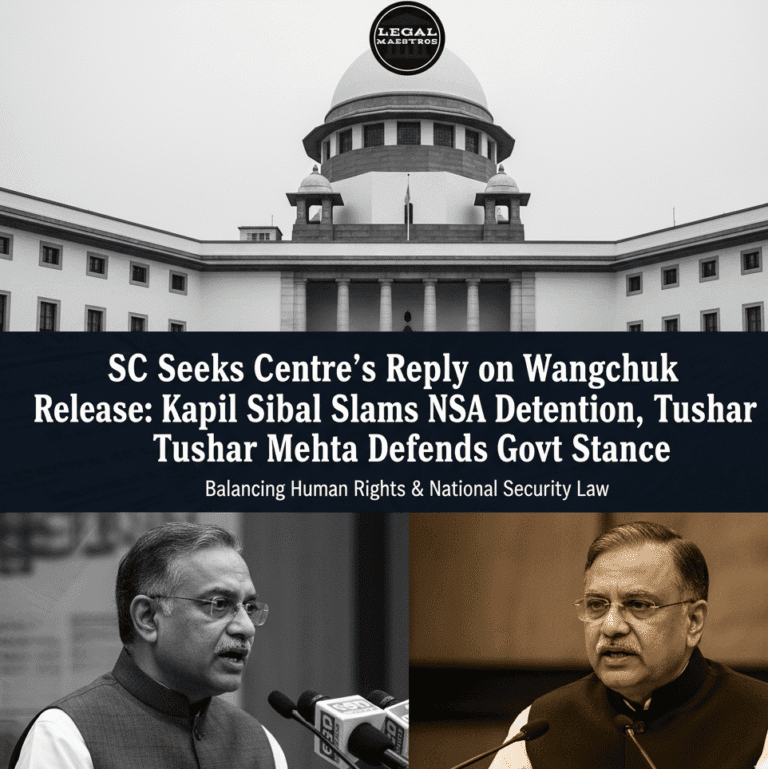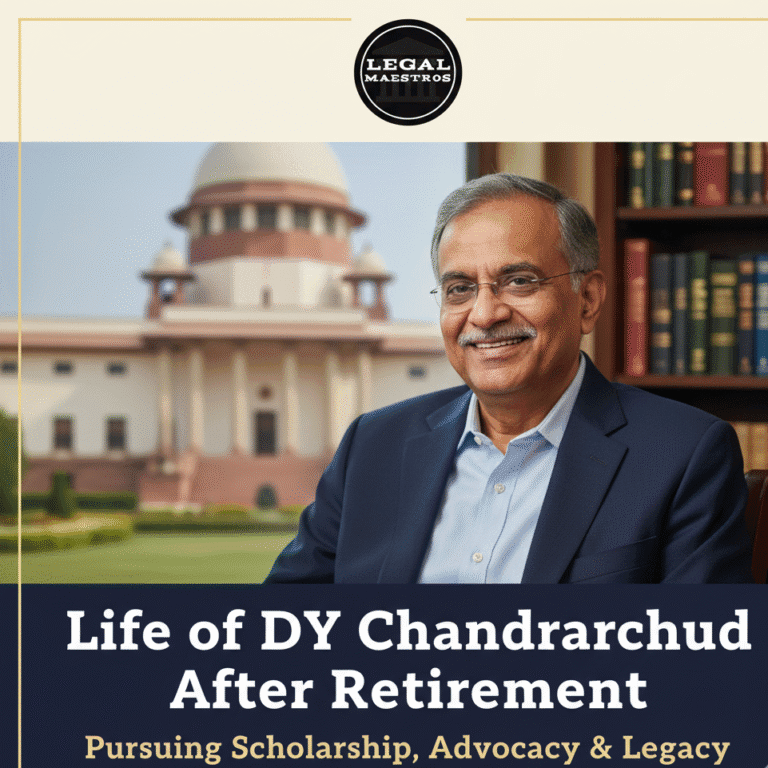
In an important case law development, the Supreme Court of India will hold a final hearing on a set of petitions questioning the constitutional correctness of Talaq-e-Hasan and other variants of unilateral, extra-judicial divorce that is awaited under the Muslim personal law. Hearing these pleas is an important step in the journey of personal laws and gender justice in the nation by the Court after its major landmark decision in 2017 when it overturned the practice of triple talaq (Talaq-e-Bidat).
Facts of the Case
The case reaches the Court in a bunch of nine petitions by some Muslim women, and one of them a resident of Ghaziabad, Benazeer Heena who describes herself as a victim of Talaq-e-Hasan. Through this practice, a Muslim man is able to divorce his wife by pronouncing the word talaq once in a month period of three months. The third declaration of divorce is regarded to be over whence the couple has not started living together yet. The petitioners stated that the practice is discriminatory, arbitrary, and irrational since a person only eligible to start the process is the husband. They have wanted the declaration that the practice is unconstitutional because it contravenes their fundamental rights under Article14,15,21 and 25 of the Constitution.
Issue Raised
Is practice of Talaq-e-Hasan legal as per the constitution or does it infringe into fundamental rights to equality and non-discrimination and life and personal liberty?
For any queries or to publish an article or post or advertisement on our platform, do call at +91 6377460764 or email us at contact@legalmaestros.com.
Observations and directions of Court
Although a conclusive judgment has not yet been reached, the Supreme Court bench has on its part passed some vital observations with certain important directions. It has become apparent that the Court is keen on the substantive rights of the petitioners as opposed to procedural obstacles. Declining the preliminary objections to maintainability of the petitions, the bench has clearly asserted to this appeal, “We should not at this stage be afraid of technicalities”. Of course there are victims who are in front of this court. This phrase highlights a victim-oriented stance and the desire not to convict the case according to its merits.
The Court has ordered that the views of three national rights groups such as the National Commission of Women (NCW), the National Human Rights Commission (NHRC), and the National Commission of Child Protection (NCPCR) be placed on records as one of the important steps to guarantee a comprehensive review. In inviting such professional commissions to make a submission to the hearing, the Court is expanding the parameters of the hearing to address the hearing on wider bases from the legal point of view to the social and human rights point of view. What this denotes is a complete approach towards the evaluation of the effects of the practice on women and children. The last hearing of the matter has been fixed by the bench on November 19-20 2025 letting both sides present authoritative documents including religious books to prove their case.
For any queries or to publish an article or post or advertisement on our platform, do call at +91 6377460764 or email us at contact@legalmaestros.com.




